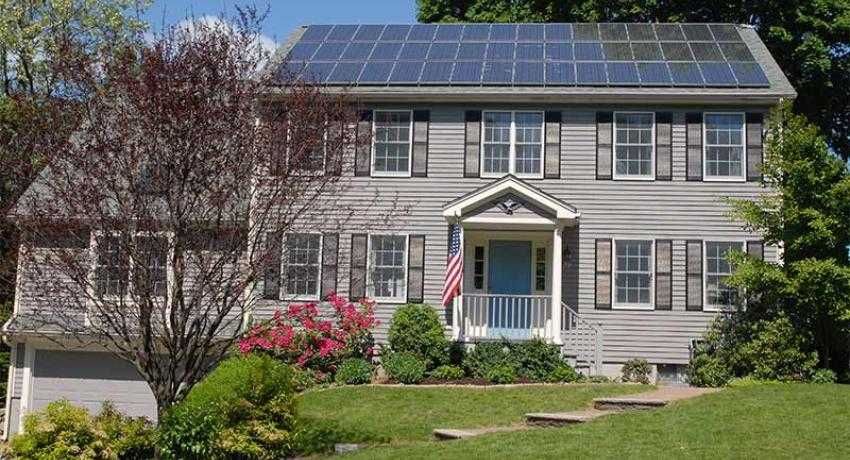Rooftop solar raises real estate values
I recently went home shopping with some friends in Southern California. Aside from the striking price tags on the properties, two things stood out to me – swimming pools and rooftop solar panels are inherently desirable real estate inclusions.
Walking into an open house we stalked online, my friend’s husband said, “it already has a pool. That will save us $20,000.”
A few open houses later, the conversation about the rooftop solar went similarly,
“This one already has solar.” This was decidedly good news. My friend nodded in approval and we entered.
Several homes had rooftop solar installed already and my friend’s husband knew to ask the listing agents if the systems were leased or owned. That’s one of those things I’m not sure homebuyers in Colorado, where I’m from, would consider.
There’s a solar savvy among Californians. It’s not newfangled tree-hugger technology. It’s common knowledge that solar works and it means lower utility bills. That’s especially nice when you have a pool to heat.
A recent study from the Lawrence Berkley National Laboratory confirms quantitatively what I observed qualitatively.
“Home buyers consistently have been willing to pay more for a property with PV,” concludes the study. In fact, homebuyers across all studied states are willing to pay an average of $4 per watt extra for solar. That’s $15,000 for an average 3.6-kilowatt solar PV system.
In California, the premium is roughly $1.10 per watt higher than that $4 average across states.
The Berkley study is an important one.
“As solar photovoltaic systems become an increasingly common feature of U.S. homes, the ability to value homes with these systems appropriates will become increasingly important,” according to the study.
Truly, valuing rooftop solar is essential to the health of the real estate market, especially in communities where solar is prolific. For years, appraisers didn’t know how to value solar installations or green features in homes. That meant homebuyers might not be able to borrow enough money to pay the premium sellers wanted or needed to charge for their energy efficient homes.
That is beginning to change, according to the study. And, even in areas where appraisal difficulties linger, the appraisal community has acknowledged there is an issue and is working to find a solution.
The Berkley study only addressed owned systems. The next challenge will be finding the value of leased rooftop solar installations.
As for my friends, they were ambivalent about leased systems. But leased solar arrays surprisingly didn’t show up often on our Southern California house hunt.




